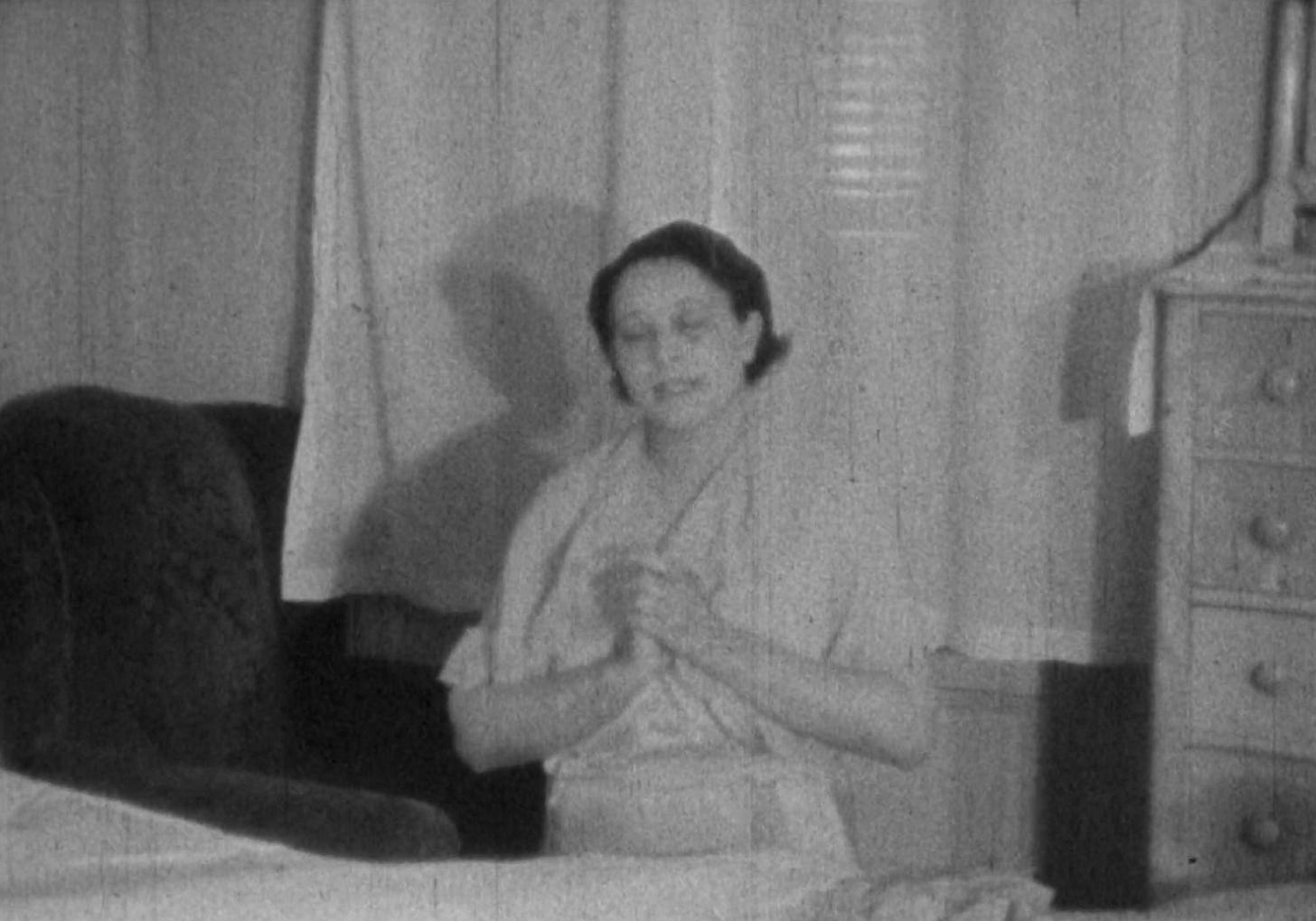9 Essential Films Directed by Black Women to Celebrate Women’s History Month
Happy International Women’s Day! Stream these films now.
I am mesmerized by the lives of Black women artists. In a universe of can’ts, couldn’ts, and shouldn’ts, Black women directors craft worlds using a cinematic language that allows us to define ourselves without translation. As I’ve returned to these films in preparation for writing this list, I remain in awe of the infinite space Black women directors have carved out of traversing styles and genres. The movies collected here are major directorial works by Black women before 1981* currently available to stream. See the whole Women’s History Month list on Black Film Archive here. I am endlessly in celebration of Black women directors’ ambition to do and dare. Won’t you celebrate with me?
Four Women dir. Julie Dash
Julie Dash’s 1975 short showcases an imaginatively choreographed dance set to Nina Simone’s unforgettable ballad of the same name.
Hidden Memories dir. Jacqueline Frazier
Through bold experimentation of sound and image, Jacqueline Frazier’s 1977 short confronts teenage pregnancy and the solutions offered to pregnant teens.
Varnette’s World: A Study of a Young Artist dir. Carroll Parrott Blue
Brilliant filmmaker Carroll Parrott Blue’s 1979 intimate portrait of artist Varnette Honeywood allows Honeywood to define herself for herself in a documentary filmed years before her career breakthrough.
Heaven-Bound Travelers dir. Eloyce Gist
Though only existing in a fragment, this surrealist spiritual allegory is a delicious display of talent and imagination. “Heaven-Bound Travelers” (1935), like Gist’s other available work co-directed with her husband, showcases cinema’s ability to be a tool of reinforcing religious idealism.
A Dream is What You Wake Up From dir. Carolyn Y. Johnson
I can’t say enough about this film. In fact, I am constantly thinking about this 1979 feature. By masterfully blending documentary and narrative techniques, Carolyn Y. Johnson and her co-director examine what the American dream means for three Black families as they weigh racism, gendered violence, and economic plight.
I Am Somebody dir. Madeline Anderson
In Madeline Anderson’s essential document, Black women are at the center. This 1970 short chronicles the courageous 1969 Charleston hospital workers’ strike for union and wage increases.
Azz Izz Jazz dir. Jacqueline Frazier
Jazz legend Billie Harris and his ensemble’s studio performance are the sole focus in this delightful 1978 work by Jacqueline Frazier.
A Minor Altercation dir. Jacqueline Shearer
Using the desegregation of Boston public schools as a cinematic playground, Jacqueline Shearer’s masterful 1977 short explores racism, misogynoir, and education bureaucracy through the lens of a fight between two schoolgirls (one Black, one white).
Fannie’s Film dir. Fronza Woods
Fronza Woods’ 1981 “Fannie Film,” presented with the 1979 “Killing Time,” mediates on the life of Fannie Drayton, a 65-year-old domestic worker. Though Fannie is introduced by the labor she performs, that rigid definition of her life is broken as the short allows her to express the full spectrum of her being — inside and outside of work.
Bonus: Zora Neale Hurston’s publicly available films, which I wrote about here.
P.S. - 13 films have been added to Black Film Archive this month, with more to come!












Thank you, this is going to be a feast to dig into!